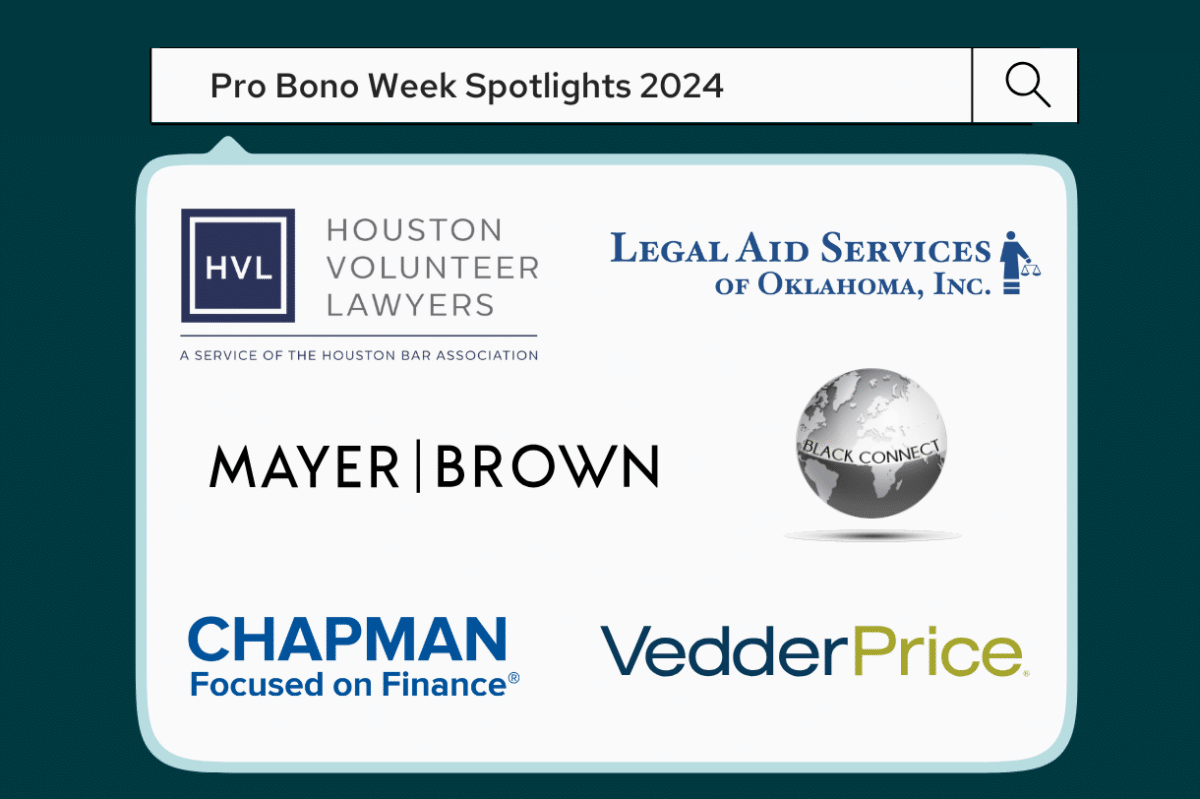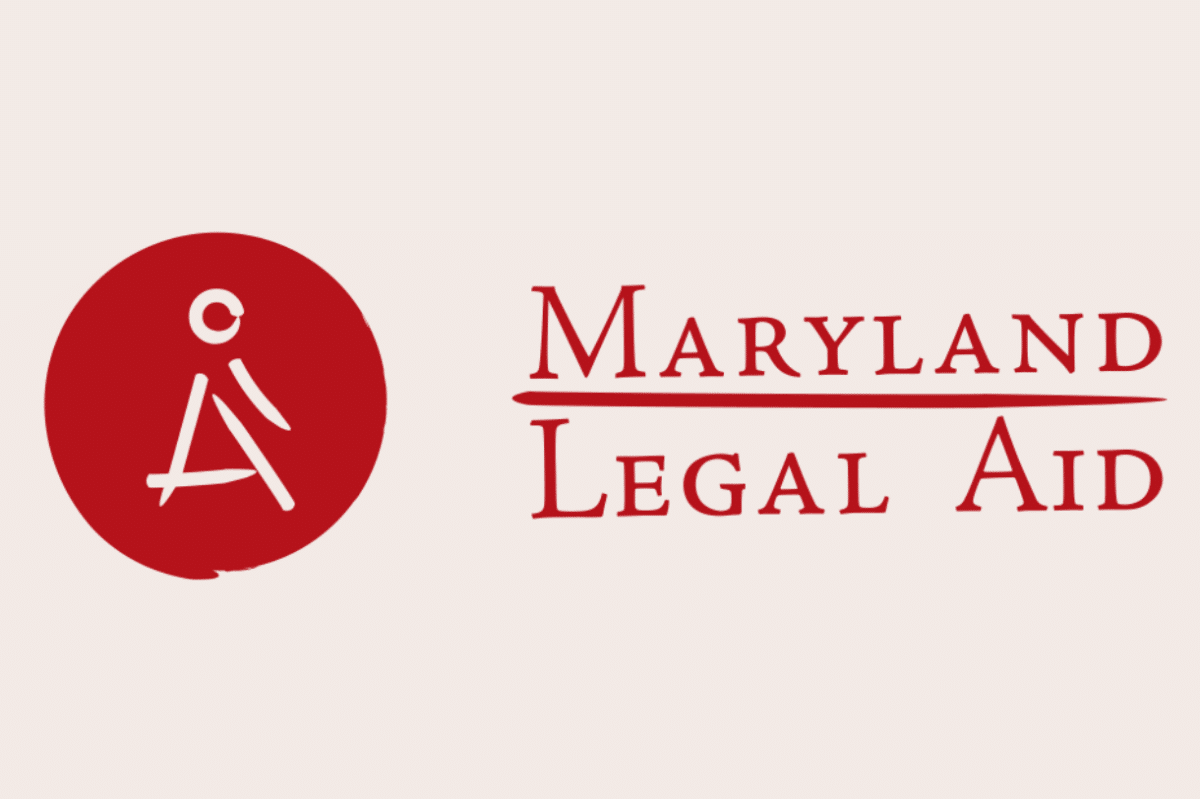Last week, I attended the Legal Services Corporation’s Innovations in Technology Conference in Phoenix, AZ, along with nearly 600 professionals in legal services and legal tech.
With the pandemic spurring a major shift to remote pro bono engagement, we’ve seen exciting program innovation that has brought significant benefits to attorneys, legal service organizations, and pro bono clients. But we also know that this is an ongoing process: Continuous learning and iteration is needed on ways that technology can support the provision of high-quality, client-centered pro bono legal services — including in a virtual, asynchronous setting. Innovative tech tools and tech-enabled programs, efficiency in legal aid workflows, and accessibility for clients and volunteers were major focus areas of the conference.
Here are my 3 key takeaways from one such ITC23 session, “Engaging Remote Pro Bono Attorneys:”
- Balance Remote v In-Person: Technology solutions can help provide the “how” — infrastructure for running a remote program — but they can’t provide the “why” — the personal motivations and connections that drive attorney engagement in pro bono. One example shared during the session was a pilot “legal triage” program in two cities: In the program, technology powered a system by which legal aid and the private bar collaborated to refer pro bono cases to already-trained attorneys in key areas. One lesson learned was that in-person communication remains invaluable for strengthening connections, particularly in a mostly-virtual program. Recommendations included having the legal service coordinator meet with law firm champions in-person annually, and champions committing to meeting with volunteers in-person when handing off pro bono cases. Relationship-building is key to success when cultivating and maintaining a volunteer pipeline.
- Leverage Technology to Reach Emeritus Attorneys: 46 states have an “Emeritus Attorney” program that allows semi-retired attorneys to engage in pro bono practice with reduced or no-cost registration, and earn CLE credit for pro bono work. Remote-friendly projects can be perfect for these senior attorneys, who may be looking for ways to remain engaged with legal work while enjoying the freedom to travel or spend winter in a warm climate. To accommodate varying levels of comfort with new technology adoption, think through which tools are necessary and which might be optional. LSOs can take advantage of the emeritus attorneys’ capacity to regularly staff a helpline or virtual clinic, or the flexibility to jump in as needed.
- Use Tech Tools to Offer Support: Tech tools can help LSOs create an online training library where volunteers can self-serve at their convenience and delve into areas of interest. A mix of asynchronous, virtual training opportunities and hands-on remote learning keeps volunteers engaged. Pro bono volunteers also value the opportunity to learn from legal service attorneys who are experts in the subject matter. With the advent of Zoom court and virtual clinics, having a volunteer attorney shadow an experienced lawyer is easier than ever. Building an attorney’s pro bono capacity and comfort in new areas of the law lays the foundation for a skilled, committed volunteer pool that can be called upon to serve clients in need — all without leaving their office.
By designing pro bono projects that are flexible and virtual, reaching attorneys at different career stages, and maintaining a personal touch, legal service organizations can leverage technology to build volunteer pipelines, engage and train pro bono attorneys, and increase organizational capacity to serve more clients.



